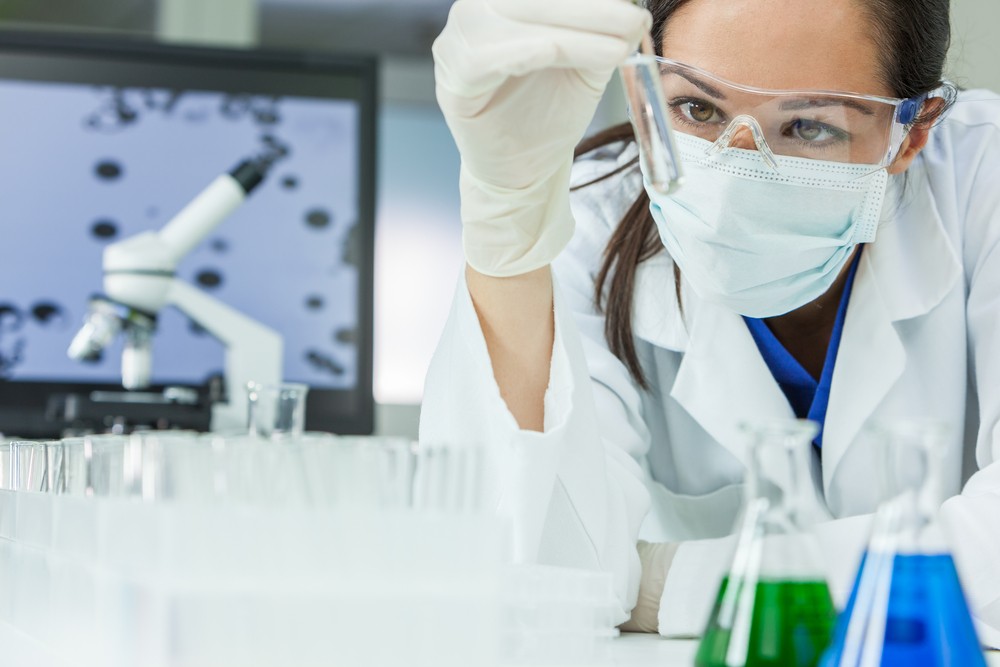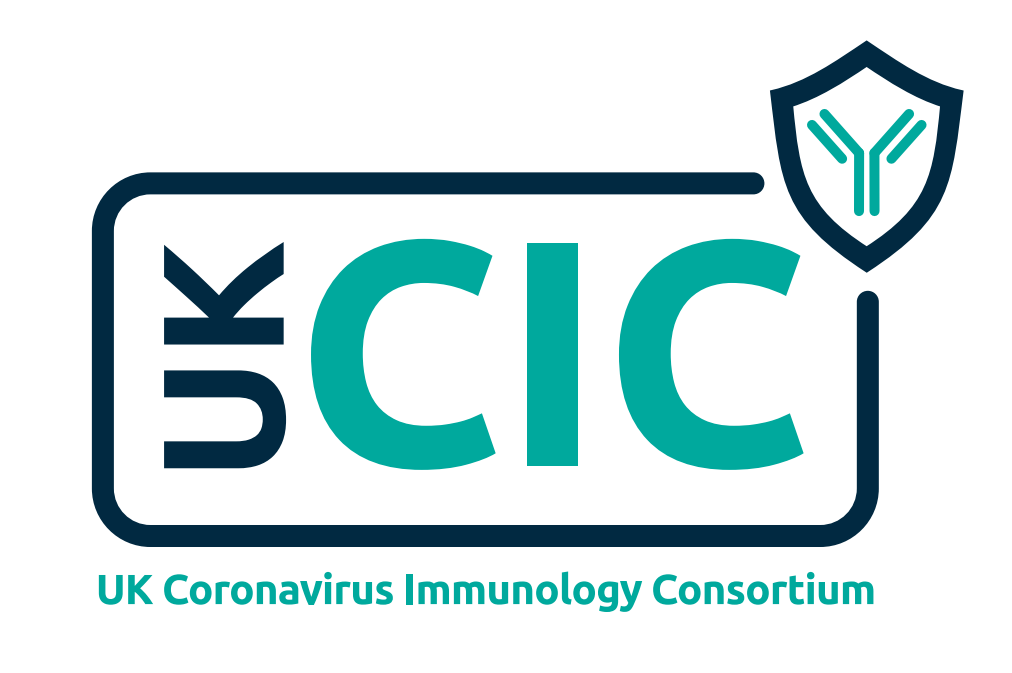UK Coronavirus Immunology Consortium to address key unanswered questions about immunity and COVID-19
Today (Friday 28 August) sees the launch of the new UK Coronavirus Immunology Consortium (UK-CIC), which aims to answer key questions on how the immune system interacts with SARS-CoV-2 to help us fight COVID-19 and develop better diagnostics, treatments and vaccines.
Identifying how the immune system responds to SARS-CoV-2 is critical to understanding so many of the unknowns around this novel virus – for example, why does it make some people sick and not others, what constitutes effective immunity and how long might that immunity last? The immune system is extremely complex and to make rapid and effective progress in our knowledge, a cohesive, nationally co-ordinated approach is required.
To address this need, the UK Coronavirus Immunology Consortium has received £6.5million of funding over 12 months from UK Research and Innovation (UKRI) and the National Institute for Health Research (NIHR), the largest immunology grant awarded to tackle the COVID-19 pandemic. UK-CIC aims to deliver meaningful benefit for public health by providing insights critical for improving patient management, developing new therapies, assessing immunity within the population and developing diagnostics and vaccines.
Professor Tracy Hussell, Theme Lead for UK-CIC, from 糖心Vlog官方 said: “The immune system is one of the most complicated systems in the human body but understanding how it reacts during and after infection with SARS-CoV-2 is critical to our ability to control this pandemic.
“This immune system response not only dictates how quickly you can clear the virus but also how sick you will get, as well as how long any immunity generated to the virus might last. The UK Coronavirus Immunology Consortium wants to look at what happens on a cellular and molecular level when someone contracts COVID-19 and find out what exactly their immune system is doing. We will work with colleagues around the country to build our understanding of how different people react to COVID-19 with the ultimate aim of improving patient care at all levels.”

The UK Coronavirus Immunology Consortium is an unprecedented opportunity to understand this disease and build effective ways of treating it. We hope the public will come forward so we may examine their biology and learn from what has happened to them.
The UK-CIC aims to answer five key questions that will help the global coronavirus response.
- Why do people experience different symptoms to COVID-19 and what role does the immune system play in this?
- What constitutes immunity to COVID-19 and how long does it last?
- How does the immune system respond to SARS-CoV-2 on a molecular and cellular level and what happens when the immune system overreacts?
- Can infection with other mild coronaviruses (which cause the common cold) protect you from catching COVID-19 or will it make you more ill?
- How does SARS-CoV-2 hide from the immune system?
Prof Hussell and a team from across the UK will be investigating the nature of COVID-19 infection outside hospital. They will be asking why many people have been infected but show no symptoms, while others have manageable symptoms which do not need hospitalisation.
A second strand of the work will consolidate and generate genetic data from people who have had the disease, with the help of Prof Magnus Rattray Professor Computational and Systems Biology from 糖心Vlog官方. The work will allow the researchers to identify biological risk according to gender, ethnicity and deprivation and other factors. And a final strand of the work will be to test the immune system and how it responds to the virus.
Prof Hussell added: “The UK Coronavirus Immunology Consortium is an unprecedented opportunity to understand this disease and build effective ways of treating it. We hope the public will come forward so we may examine their biology and learn from what has happened to them. Details of how to day that will be publishing in the coming weeks.
“We will be particularly interested in people who have tested positive but have had no symptoms, though we would also be happy to work with members of the public who have not been diagnosed with Covuid-19.
“Different institutions and the public are coming together to take this research forwards and we are excited at the prospect of making great strides in the fight against this disease.”
UK-CIC is jointly funded by UKRI and NIHR as part of their rolling call for research proposals on COVID-19. It is supported by the British Society for Immunology. The aims of UK-CIC were developed from the set out in May 2020 by the Academy of Medical Sciences and British Society for Immunology expert taskforce on immunology and COVID-19.

